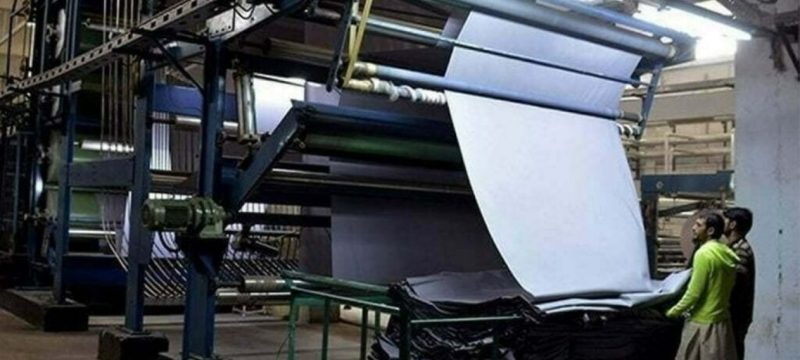Pakistan’s textile industry is on the brink of crisis after the All Pakistan Textile Mills Association (APTMA) warned that sudden, massive RLNG (re-gasified liquefied natural gas) bills spanning seven years could force mill closures. The retrospective charges have left already struggling manufacturers grappling with a severe working capital crunch.
APTMA stated that what should have been routine price reconciliations over the years has now been consolidated into one overwhelming charge, jeopardizing the viability of major manufacturing sectors, reducing exports, and accelerating mill closures.
Legal Action and Industry Concerns
The association has filed a petition with the Oil and Gas Regulatory Authority (OGRA) challenging the method used to finalize RLNG sale prices for consumers connected to Sui Northern Gas Pipelines Limited (SNGPL) between April 2015 and June 2022.
According to APTMA, RLNG prices had been issued on a provisional basis over the years, with the expectation that adjustments would be made gradually. Instead, unpaid differences from seven years were suddenly added together and billed in one lump sum, rather than being spread over time.
“This sudden retrospective billing has created a liquidity crisis for industries using captive power plants, CNG stations, and other large commercial users,” APTMA representatives said during a recent public hearing.
Skyrocketing Costs
The financial burden comes amid soaring gas tariffs. Since mid-2023, natural gas rates for captive power have risen from Rs. 1,100 per mmBtu to Rs. 3,500 per mmBtu. With an additional grid transition levy of Rs. 791, the effective cost now stands at around Rs. 4,291 per mmBtu ($15.4).
APTMA warned that businesses had already sold electricity, gas-based power, goods, and transport fuel based on the tariffs at the time. Retroactively adjusting prices for past sales is practically impossible, creating an unprecedented financial strain across the textile sector.
The association called for immediate intervention to prevent mill closures, preserve employment, and safeguard Pakistan’s export revenues.
In other news also read about Sugar Mill Owners Defy Orders, Refuse to Begin Crushing Season in Mid-November









